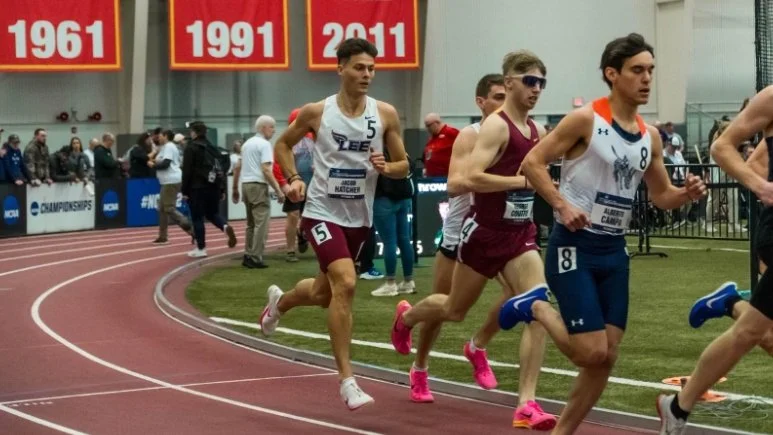Creating home away from home: International students at Lee
Students who leave home for college leave behind their family, friends and childhood to take a step of independence. For international students, the distance between home and campus can mean very few visits throughout their college experience.
According to the Office of Enrollment, there are currently 108 international students at Lee, which is about three percent of the student population. These students, who have traveled far to receive higher education, face many challenges like homesickness, language barriers and isolation.
Organizations like Lee’s Racial and Ethnic Relations try to make this transition smoother by providing “a home away from home.” Director Gloria Scott Richmond expressed that helping international students is not “just another box” for her to check.
From things like providing toiletries to international students at the beginning of the year, to offering international students a free storage space, Richmond wants to be able to help these students acclimate to life at Lee.
“It’s ongoing… whether it’s ‘I need help establishing a bank account’ or taking them to the grocery store,” said Richmond. “[We want to] provide a safe space for our international students so that whatever we say lands on safe ears.”
Gabrielle Ali, a junior nursing major, is one of the few Trinidadian students attending Lee University. She had to seek out community when she arrived.
“We tried to find more Caribbean people on campus. At the same time, we have to open our borders because we've been talking to Caribbean people our whole lives,” Ali said. “This is a time for us to meet new people from different countries, whether it's America, Canada, Korea, Asia, or wherever because Lee has all those different ethnicities here.”
Ali is part of Evangelistic Singers (EVS), where she is surrounded by many people from differing cultures. EVS inspired Ali to revive the Lee University Caribbean Association (LUCA), which is a Caribbean culture club that had faded in 2019.
Hannah Gravitt, a junior psychology student from Romania, is president of MuKappa – a club for Third Culture students, international students, and students that are children of pastors. Along with leading MuKappa, she finds comfort with a group of Europeans who have lunch together.
These outlets allow her to “share experiences with people that go through the same things,” she said, while immersing herself in a new culture.
Ali and Gravitt found community on campus, but they still have their own sets of challenges.
While Gravitt grew up speaking English and Romanian, she initially struggled from the transition to English as the dominant language, but then "noticed my reading speed getting faster as I've gotten used to academic language more and more.”
Sometimes, the trouble is not academics but misunderstandings about other cultures. Ali experiences confusion with other students about where she is from.
“I wish they wouldn't assume. I wish they could ask first because I'm okay with people asking me weird questions. Just walk up to me and ask,” Ali says.
Gravitt agrees that people should be “genuinely curious, asking questions and being polite. I think approaching with genuine curiosity is a great thing.”
With supportive students and groups, Ali and Gravitt feel like they are welcomed on campus, but does Lee feel like their second home?
“I don't think I’ll stay in Cleveland. It feels like a temporary thing. I've had moments in times where I'll be hanging out with some people and think, ‘I don't ever want to lose you,’” Ali said.
On the flip side, Gravitt said “home is a place but it's also a lot of relationships. I think you can have more than one home and I find home in relationships in different places.”
While their opinions on home away from home differ, Ali and Gravitt have a shared root belief: people make all the difference.
For more about LUCA, visit their instagram page @luca.leeu. For more information about Racial and Ethnic relations, you can find them on Instagram @leeuracialethnic or on the Lee website. MuKappa does not currently have any socials, but you can find them on LeeU Connect.



